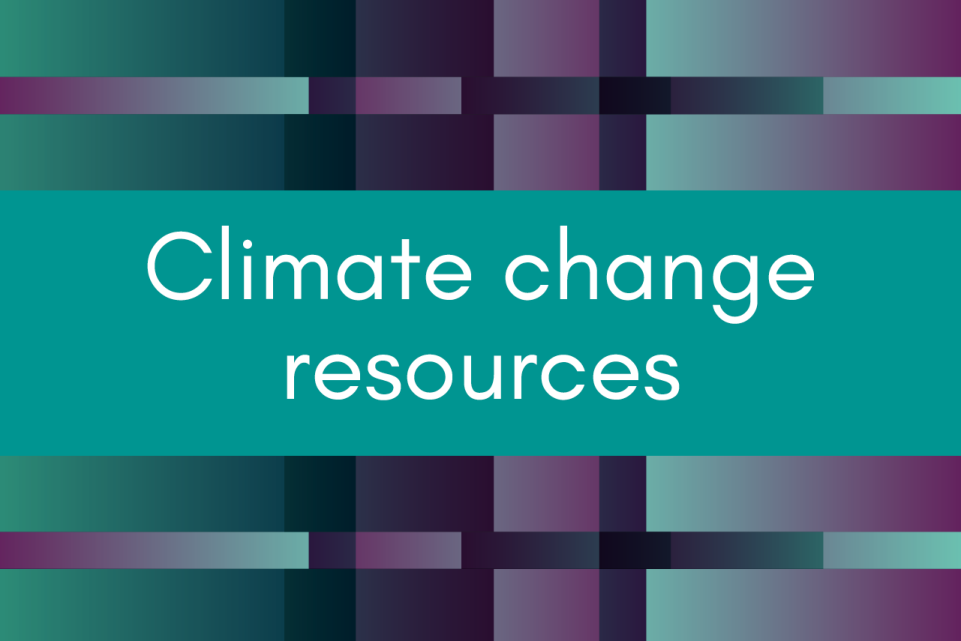This fourth session marks the penultimate session before the end of the programme. All groups continue to have many hot topics to bring for discussion and this blog summarises the discussions from session 4.
Challenges and enablers
The following challenges were discussed during the fourth ALS session:
How do we work with elected councillors to spread the message on decarbonisation?
Enablers:
- Find out more about councillors especially those that are not normally engaged.
- Talk to councillors to understand their level of understanding in relation to climate change.
- Look into whether training can be organised that is tailored locally to emphasise local impacts of climate change that are more relatable.
- Look at whether there are particular projects that councillors could champion and get involved with.
How do we get people to see the broader picture? How do we get people to see the wider benefits of schemes rather than focussing on their individual situation?
Enablers:
- Look at the segmentation data to gain a better understanding of who lives in the vicinity of the scheme, who are likely to benefit and who are not.
- Is there a way that trials can be put in place before bidding for funding?
- Think about how to tell the story… could graphics be produced showing travel time differences for different modes… something similar to the TfL maps Walking times between Tube and rail stations (Zones 1-3).
How do we frame the benefits of roadspace reallocation in both urban and rural areas? What story do we need to be telling to reduce opposition to roadspace reallocation?
Enablers:
- Stakeholder mapping to understand what is important to people.
- Use good visualisations to help people understand the impacts of the scheme.
- Undertake a “lessons learnt” review of schemes where councillors have been supportive.
- Active Travel England (ATE) are signalling that road space reallocation is going to be a factor in receiving funds so this should be communicated to stakeholders.
- Useful to also get in touch with ATE for them to advise on schemes.
How do you start the conversation and support parish councils to implement Electric Vehicle (EV) chargepoints in their carparks? Desire to use parish council carparks to accommodate EV chargepoints to serve areas where there is a lot of on-street parking and where private charging is challenging.
Enablers:
- Gather evidence such as local surveys to understand whether there is demand for EV chargepoints.
- Look at whether car clubs, with electric vehicles, could be implemented. The Car club company would need to install the chargepoint to the carpark.
- Encourage car sharing as well as switching to electric vehicles.
- Look to organisations such as Energy Saving Trust to assist and communicate with parish councils.
- Consider a village mobility hub so the car park may have broader viability than just EV charging.
- Look at comparing other council's EV projects to understand costs and strategy.
How to engage people in short term e-scooter pilot projects and provide oversight to the community where feedback is confidential until results of the trial have been published? E-scooter trials have now been extended to May 2024. Whilst this may be advantageous from an active travel point of view it creates uncertainty for e-scooter companies and local authorities around future legislation of e-scooters.
Enablers:
- Could surveys or citizen panels be used to test current usage and to help understand what future use or barriers there are to e-scooters?
- Can an interim policy statement be created?
How do we influence the freight industry? We have limited data on freight so how can we better understand and influence it?
Enablers:
- Is there a need to better understand roles and responsibilities?
- Look towards industry to understand what they are already doing.
- See what data is already available on trip patterns.
How do we communicate with the public the whole coherent plan for the transport plan? Often schemes are seen to be brought forward in a piecemeal manner and there is therefore the risk that people do not see the bigger picture.
Enablers:
- Look at how you can better integrate the different networks? Can Local Authority branding be introduced? E.g. Manchester Bee Network.
- Other authorities are producing quarterly communications about what is going on across the whole network which will be sent to every household. This will include a large map which shows how all the schemes link up.
- Look into whether there can be an interactive mapping tool.
How do we sell school streets? School streets can often be faced with opposition, including significant concerns over access and whether they will create parking problems further away.
- Need to understand the barriers from different groups. For example, concerns over ambulance access. Successful stories of training been undertaken by volunteers to check that ambulance access could still be safely achieved with school streets.
- Door to door engagement with residents.
- Residents from successful school streets speaking at other schools.
- Utilising the enthusiasm of children to have child influencers as well as getting children to write letters to parents about the school streets.
- Can play streets be used as a gateway to school streets.

